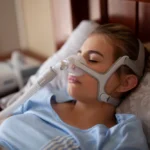Sleep apnea is a common sleep disorder that affects hundreds of millions of people worldwide, and women are not immune to it. In fact, The Society for Women’s Health estimates that 1 in every 5 women has sleep apnea. Nevertheless, 9 in 10 women with sleep apnea are not aware that they have it. Sleep apnea symptoms can present differently or more subtly in women than in men. In this blog post we will talk about the key differences in sleep apnea symptoms in women and men.
How Sleep Apnea Differs in Women vs. Men
Women are more likely to experience sleep apnea during the REM stage of sleep, which is characterized by rapid eye movement and higher brain activity. This type of sleep apnea tends to be more severe, with longer episodes and significant drops in oxygen levels.
Women may also be more prone to upper airway resistance syndrome, which is a disorder that causes snoring and collapsible airways, but does not result in complete cessation of breathing or drops in oxygen levels. However, it can still lead to disrupted sleep, frequent awakenings, and resultant daytime sleepiness.
Women are more likely than men to wake up from apneas, and suffer greater sleep disruption.
Common sleep apnea symptoms include loud snoring, daytime fatigue, waking up with sore throat and dry mouth, difficulty concentrating during the day and frequent awakenings at night.
While experiencing most common sleep apnea symptoms such as loud snoring, sleep apnea symptoms in women can look different than usual such
- Insomnia
- Sleep Fragmentation
- Depressed mood
- Fatigue
- Headaches
- Hot Flashes At Night
- Sexual Dysfunction
Some sleep apnea symptoms such as experiencing hot flashes at night and mood swings can be misunderstood as menopausal symptoms in women, but it is important to understand if there is a sleep disorder at play. If you experience any other sleep apnea symptoms, it is worth getting tested for sleep apnea.
How can untreated sleep apnea affect women?
One of the primary concerns for women with sleep apnea is the impact on cardiovascular health. Sleep apnea has been associated with an increased risk of high blood pressure, heart disease, and stroke. The repeated pauses in breathing during sleep can cause fluctuations in blood pressure and oxygen levels, putting a strain on the cardiovascular system over time. Women with untreated sleep apnea are at a higher risk of developing these cardiovascular conditions, highlighting the importance of early diagnosis and treatment.
In addition to cardiovascular health, sleep apnea can affect metabolic health in women. Research suggests a link between sleep apnea and insulin resistance, which can lead to an increased risk of developing type 2 diabetes. Hormonal imbalances associated with sleep apnea, such as decreased levels of adiponectin (a hormone involved in regulating glucose and lipid metabolism), may contribute to insulin resistance. Managing sleep apnea through treatment can help mitigate these metabolic risks.
Sleep deprivation and disrupted sleep caused by sleep apnea can have a profound impact on women’s mental health. Chronic sleep disturbances can contribute to mood disorders such as depression and anxiety. The lack of restorative sleep can impair cognitive function, making it difficult to concentrate, remember information, and perform daily tasks effectively. Women may experience daytime sleepiness, irritability, and a general decline in their overall quality of life.
Sleep apnea can also have a significant impact on women’s relationships and sexual health. The chronic fatigue and daytime sleepiness associated with sleep apnea can lead to a decrease in energy and interest in sexual activities. Additionally, sleep disturbances can disrupt the sleep patterns of both partners, affecting intimacy and creating strain in relationships. Treatment for sleep apnea can improve sleep quality, alleviate fatigue, and restore energy levels, positively influencing both emotional and physical aspects of relationships.
Furthermore, sleep apnea can exacerbate certain conditions specific to women. For example, women with polycystic ovary syndrome (PCOS) may have a higher prevalence of sleep apnea. The combination of PCOS-related hormonal imbalances and increased weight can contribute to an increased risk of developing sleep apnea. Addressing sleep apnea in women with PCOS is important for managing both conditions effectively.
Risk Factors
These conditions can make you more likely to develop sleep apnea:
- Menopause or older age
- Polycystic ovary syndrome
- Hypothyroidism (low thyroid function)
- A family member with sleep apnea
- Overweight
Left untreated, sleep apnea can cause serious health problems such as high blood pressure, diabetes, heart disease, and stroke. In addition, by causing exhaustion and daytime fatigue, sleep apnea can lead you to miss out on fun, laughter, relationships and intimacy as well as affect your day to day mood and performance.
If you experience any sleep apnea symptoms above, it is very important you talk to your sleep healthcare provider.
You can also book an online appointment with us at care.ognomy.com or download Ognomy at App Store or Google Play to talk to a sleep specialist who can test, diagnose and treat your sleep apnea all from the comfort of your own home.
Source:
https://swhr.org/wp-content/uploads/2017/11/SWHR_Women-Sleep-Apnea.pdf
https://www.forbes.com/health/body/sleep-apnea-symptoms-in-women/
https://academic.oup.com/sleep/article/43/5/zsz274/5613151?login=false













